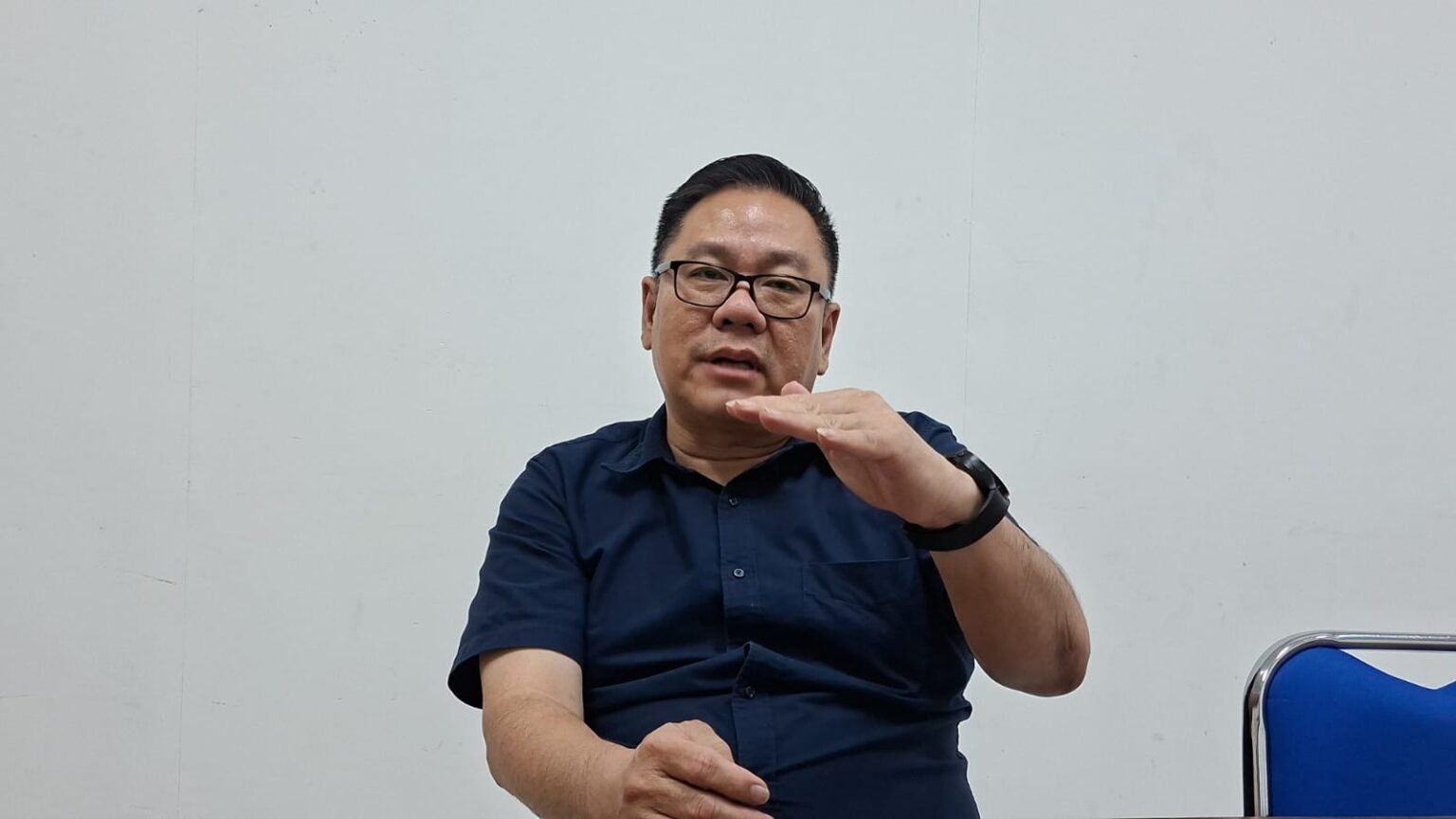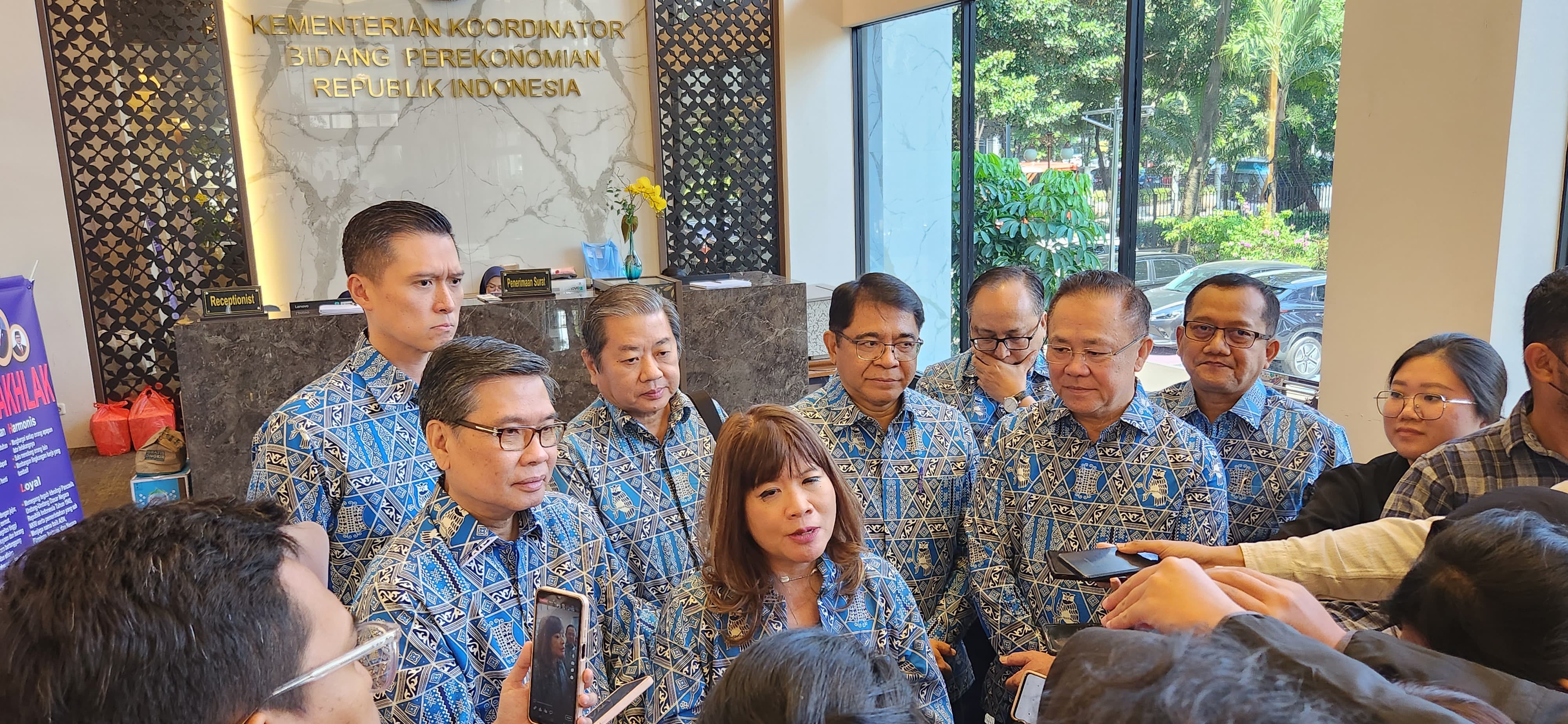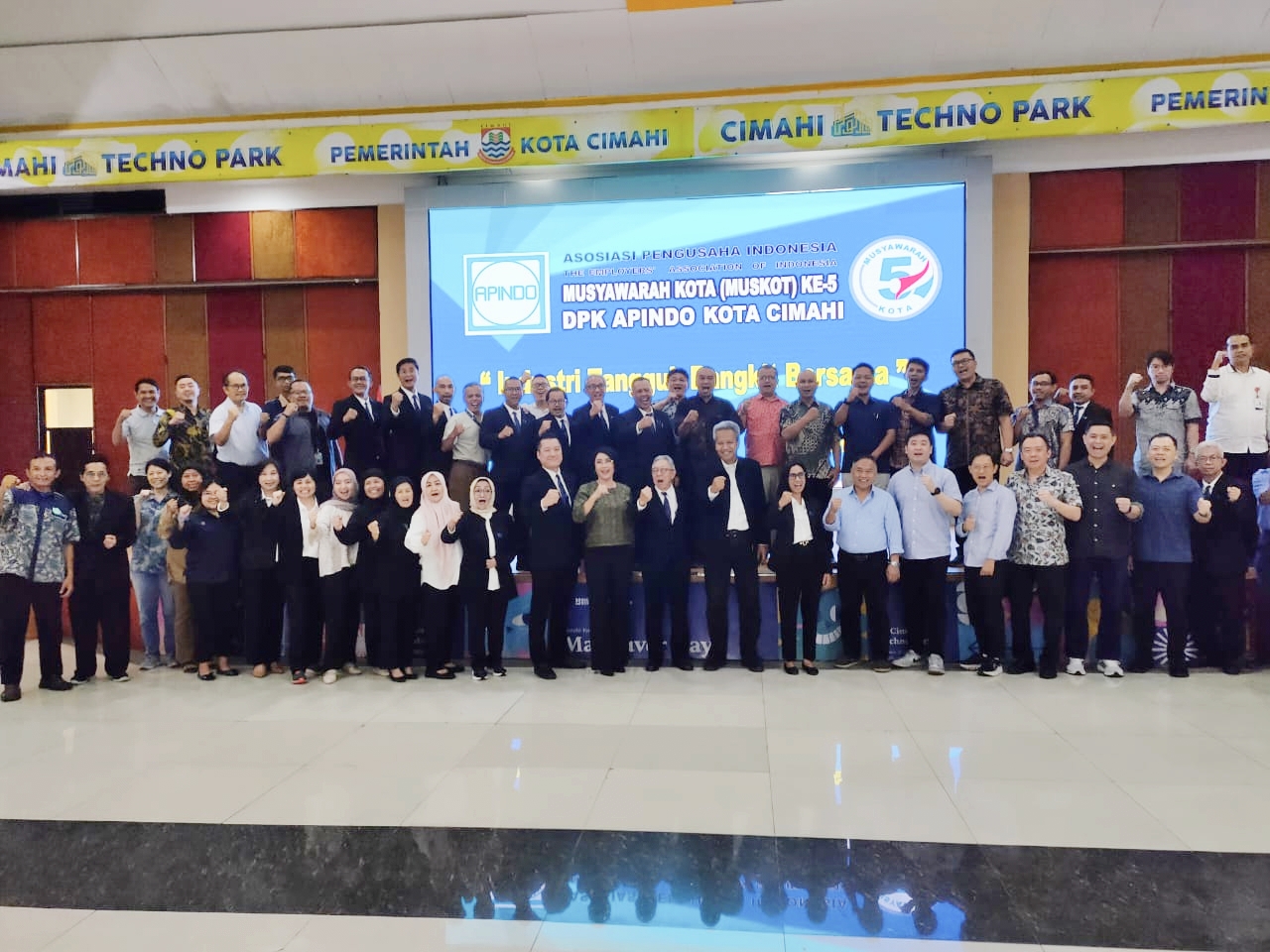Highlighting the Wage Increase Plan, APINDO North Kalimantan: If Wages Are Too High, Workers Will Be Replaced by Machines
Saturday, 01 November 2025
TARAKAN – The Indonesian Employers Association (APINDO) of North Kalimantan has responded to the renewed national discussion over a potential increase in workers’ wages. APINDO North Kalimantan Chairman Peter Setiawan stated that the central government’s decision will be decisive, as all wage-setting mechanisms now refer to updated regulations and formulas.
He explained that the current system differs from the past, when wage negotiations were conducted more flexibly through Tripartite forums. Today, wage policy lies directly under the authority of the central government, leaving business owners waiting for the official formula.
“We’ll just wait for the decision from the central government. It’s no longer a matter of simply saying wages should rise by a certain percentage—there are now calculations and formulas in place,” Peter said.
According to him, an excessive wage increase could threaten business sustainability, especially in labor-intensive industries. When production costs exceed manageable levels, companies are often forced to seek efficiency measures, including workforce reductions and automation.
“If wages go up by 6 to 10 percent, that’s already heavy for businesses. When labor becomes more expensive, companies will inevitably turn to machines. Many already have—one machine can replace up to 50 workers,” he explained.
Nevertheless, Peter emphasized that employers cannot arbitrarily make such decisions. Discussions must still involve relevant teams and regulators to avoid conflicts while considering the broader economic context.
“Business owners can’t act recklessly either. If production costs are high while money circulation is limited, the risk is that companies might shut down—and that’s the most dangerous scenario,” he noted.
Peter expressed hope that the government and labor unions could find a middle ground, ensuring that wage adjustments do not stifle business operations. He cautioned that if prices continue to rise, purchasing power will decline, ultimately hurting workers themselves.
“We must find a balanced solution. If prices keep going up, people won’t be able to buy goods. Of course, employers would prefer smaller increases, but if the central government decides otherwise, we have to comply,” he added.
Regarding local conditions, Peter confirmed that industrial relations in Tarakan and across North Kalimantan remain stable. He has not received reports of unrest or strong opposition related to the wage issue.
“The important thing is that Tarakan remains calm. I believe workers in North Kalimantan understand the situation and will respond wisely,” he concluded.
Source: benuanta.co.id









